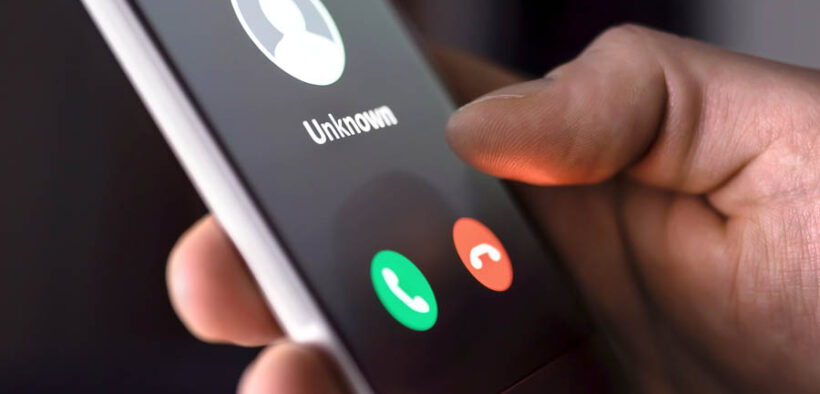Study: Puerto Rico consumers received 11M spam, scam calls in October

Editor’s Note: Last week, News is my Business aired the newest episode of its Dollars & Sense podcast series, which focused on fraudulent calls and texts and how consumers can protect themselves. To listen to the 30-minute episode, click HERE.
Puerto Rico is among the U.S. states and territories that receive the least amount of spam and scam calls per user, per month, with some 9.4 million reported over the past 12 months, but nearly 11 million reported in October alone, according to communications platform Truecaller, in its first Monthly U.S. Spam and Scam report highlighting fraudulent call trends.
The findings show the types of spam and scam calls users receive, states that receive the most spam and scam calls, the average number of spam calls users receive per month, among other data.
The initial report compiles data from November 2022 to October 2023 and will be updated on the 5th of every month with real-time data and trends on Truecaller’s website.
According to Truecaller, Americans receive an average of 2.1 billion spam calls per month, with nearly six spam calls per person per month, each lasting more than four minutes. Throughout 2023, Americans wasted approximately 195 million hours answering these incoming calls.
Every year, these numbers peak during the holidays, with scams such as charity donations, fake deliveries and vacation upgrades. With artificial intelligence, scammers have more tools than ever to easily target victims and impersonate voices of loved ones, authority figures and government officials.
As for Puerto Rico’s statistics, the island was among the five states and territories to receive the least spam and scam calls per user over the past year, ranking with Hawaii (6.2 million), New Hampshire (5.7 million), Massachusetts (23 million) and Washington (29 million).
Meanwhile, states that receive the most spam and scam calls per user, per month over the past year included Texas (238 million), Georgia (87 million), Missouri (48 million), South Carolina (57 million) and Alabama (44 million).
The report showed that scam calls with malicious intent seem to make up most of all unwanted communication while others include real sales calls, robocalls from real companies, online surveys and political calls.
The report found that most scams in 2023 were related to credit card fraud, identity theft, Medicare/insurance, Social Security, car warranty and debt collection.
Truecaller unveiled that an average of nearly 10% of spam calls received by Americans originates outside the U.S. and are mostly from India, Nigeria, Egypt, Colombia, Canada and Peru.
“Fraudsters are targeting consumers through every medium on their phones, deploying sophisticated AI-powered scams via calls, texts, emails and direct messages on social media.” said Truecaller CEO Alan Mamedi.
“With our new monthly data report, our goal is to inform U.S. smartphone users about modern-day scams on the rise and which markets are experiencing the most scams, so people can protect themselves. Truecaller has a long-standing mission to build trust in communication, and this monthly report reflects our commitment to that mission,” he said.
Gov’t launches cybersecurity campaign
In related news, on Wednesday, the government unveiled a new cyber education initiative that aims to raise awareness about the importance of parents and guardians supervising the content that children and young people consume online, given the constant exposure they have to harmful influences through social networks, cyber platforms and video games, as well as the increase in sales of electronic devices during the holiday season.
The Smart Island program initiative, in collaboration with the Puerto Rico Innovation and Technology Service (PRITS), seeks to grab parents’ attention, presenting them with possible risk scenarios found in the digital world of minors and providing them with tools to minimize these risks and avoid exposure on platforms including TikTok, Instagram, YouTube, Facebook, Apple, Android and Microsoft.
The government’s cyber security officer, Poincaré Díaz-Peña, said, “This initiative’s main message is to educate adults to safely configure electronic devices before giving them as Christmas gifts to raise awareness among parents of the risks to which children and teens are exposed in the unsupervised use of electronic equipment connected to the internet.”










